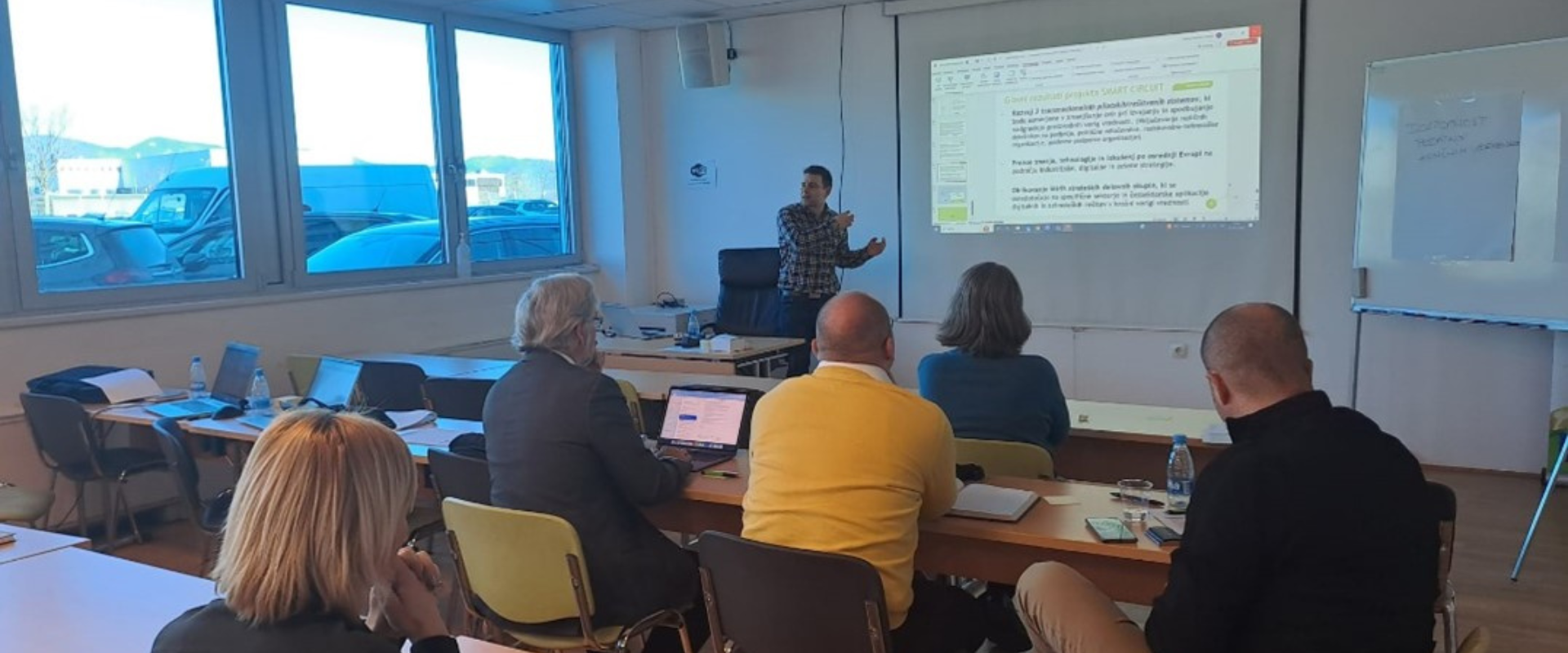The event centered on the SMART CIRCUIT initiative, a collaborative effort involving key stakeholders from construction, textiles, electronics/ICT sectors, and beyond. Representatives from industry, academia, and governmental bodies gathered to outline strategies and innovations crucial for enhancing the lifespan of products and optimizing resource use.
Key achievements of the meeting included the unveiling of digitalization strategies tailored for the construction sector, innovations driving sustainable practices in textile manufacturing and recycling, and initiatives aimed at extending the longevity of electronic devices. The integration of cross-sectoral solutions emerged as a focal point, aiming to synergize digital advancements with circular economy principles across various industries.
Noteworthy outcomes announced during the session showcased the engagement of 60 companies in pilot projects, the collaboration with 28 Digital Innovation Hubs (DIHs), and the launch of over 120 training sessions under the Circular Innovation Academy (CIA). These initiatives underscore a commitment to fostering a robust ecosystem for circular service solutions.
Crucially, the meeting culminated in decisive actions aimed at propelling these initiatives forward. Participants committed to translating discussions into actionable measures, emphasizing knowledge transfer and collaboration across Central Europe on industrial, digital, and green strategies. The establishment of four strategic working groups was formalized, each tasked with spearheading sector-specific and cross-sectoral applications of digital technologies within the circular value chain.
Looking ahead, stakeholders affirmed their dedication to advancing pilot projects and educational endeavors outlined during the event. These efforts are poised to accelerate the region’s transition towards a sustainable, digitally enabled circular economy.
